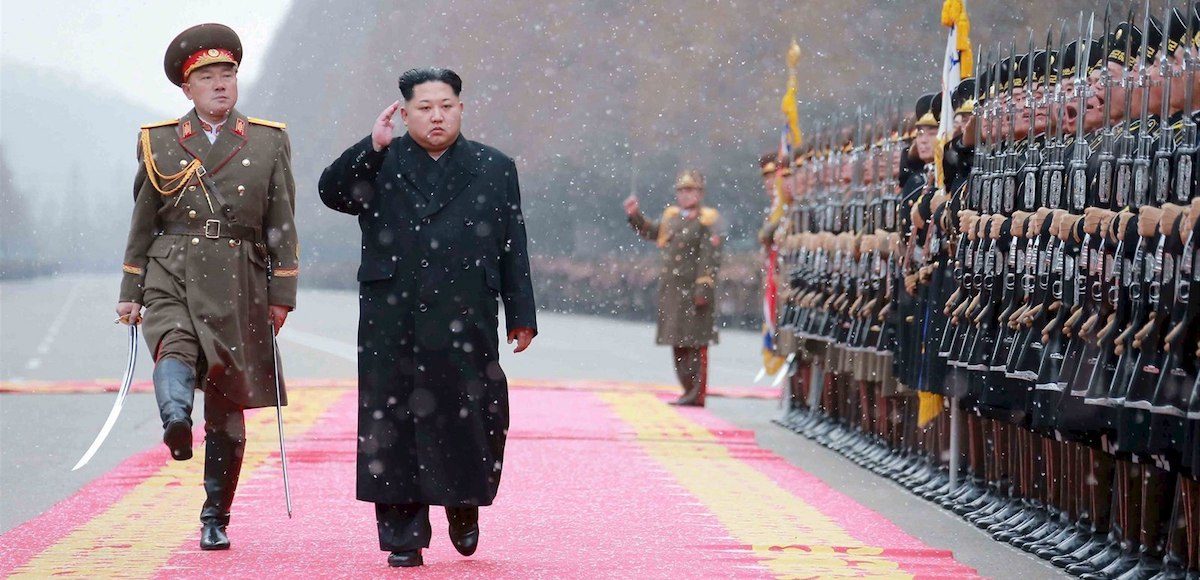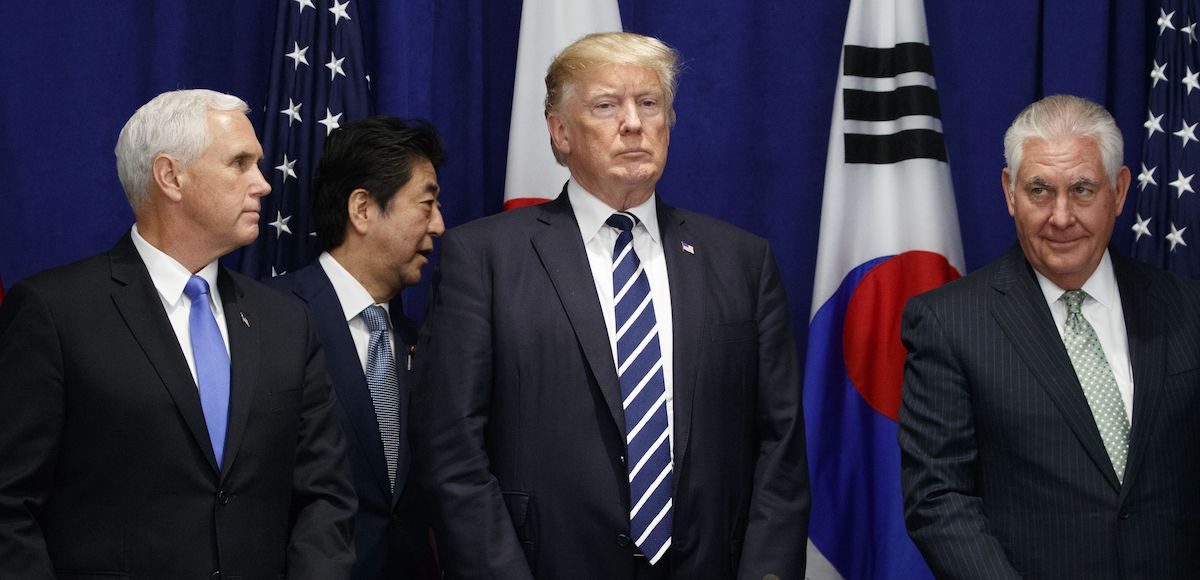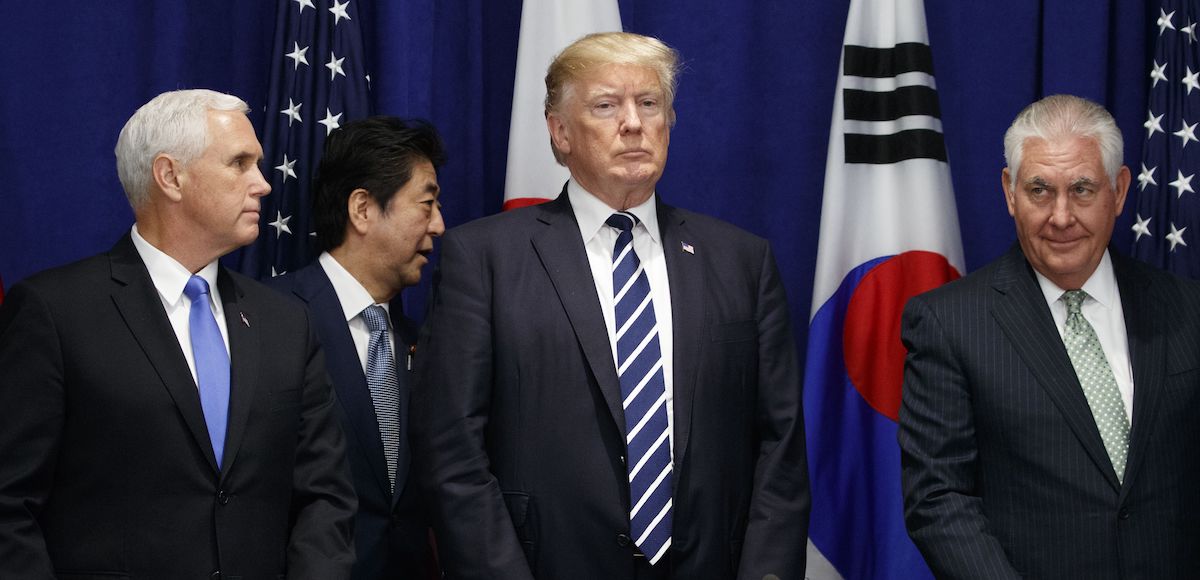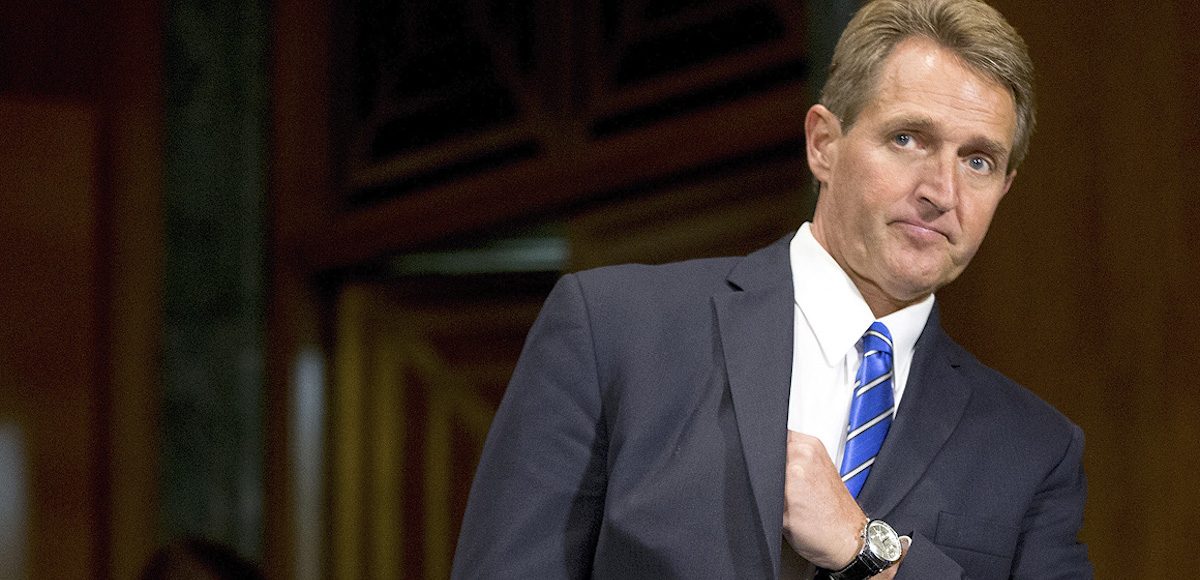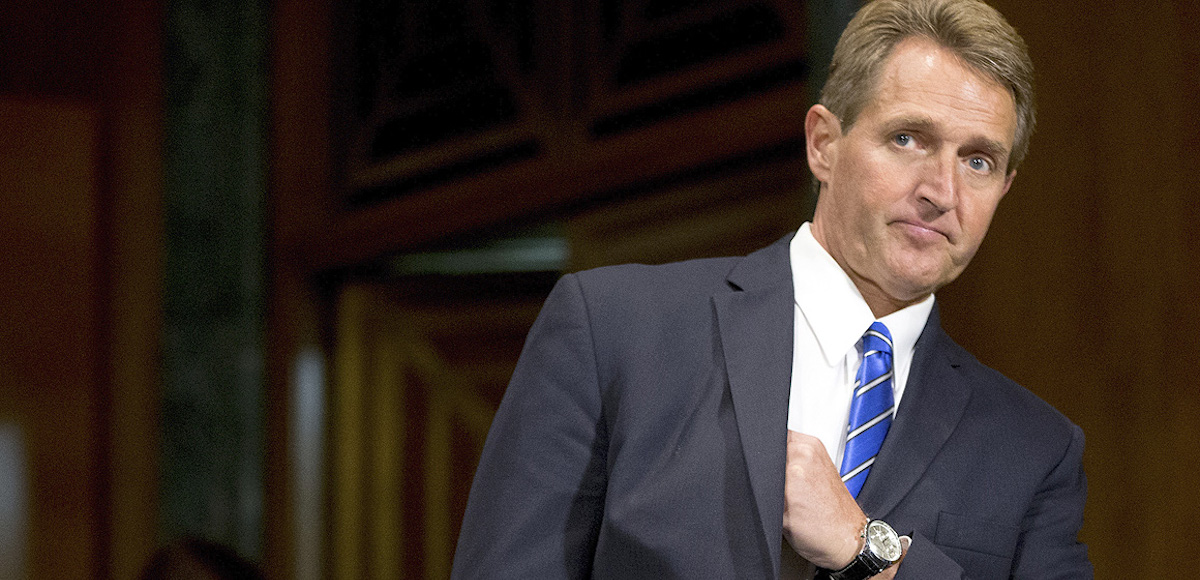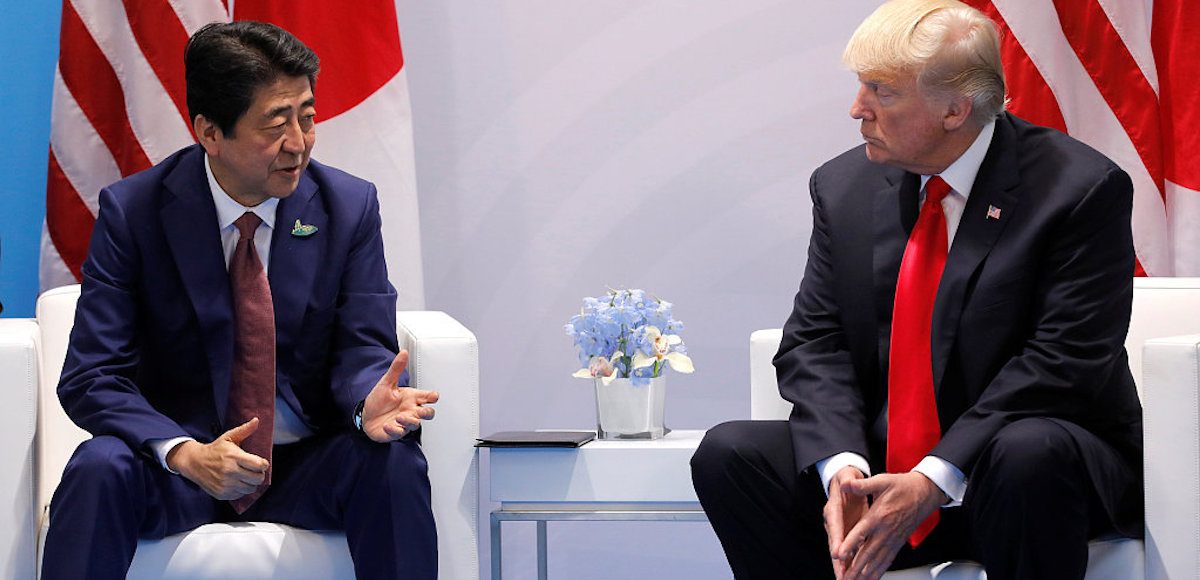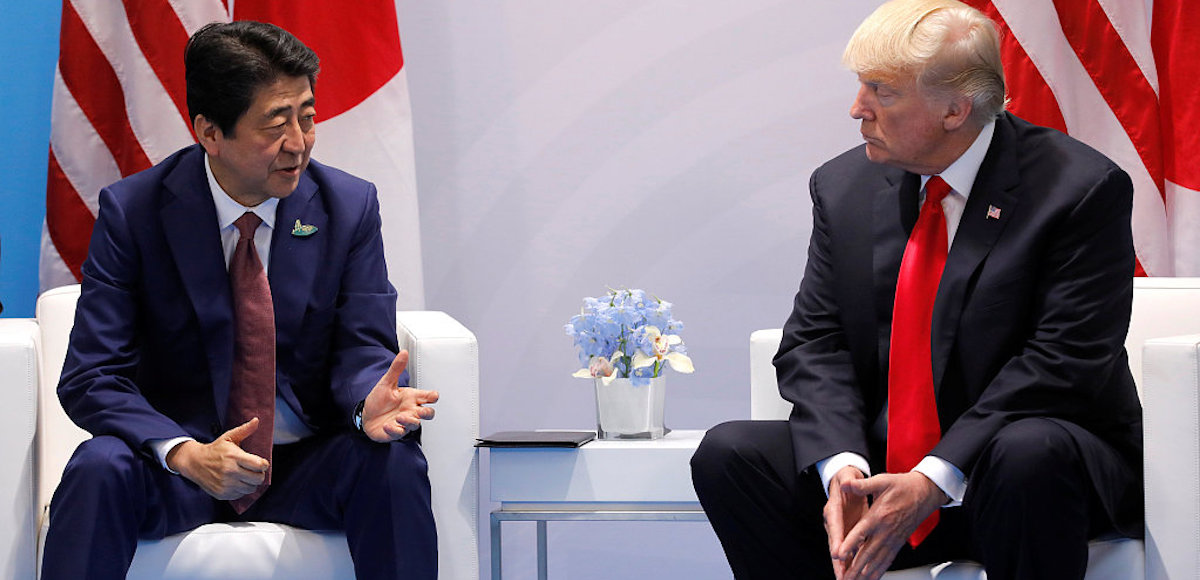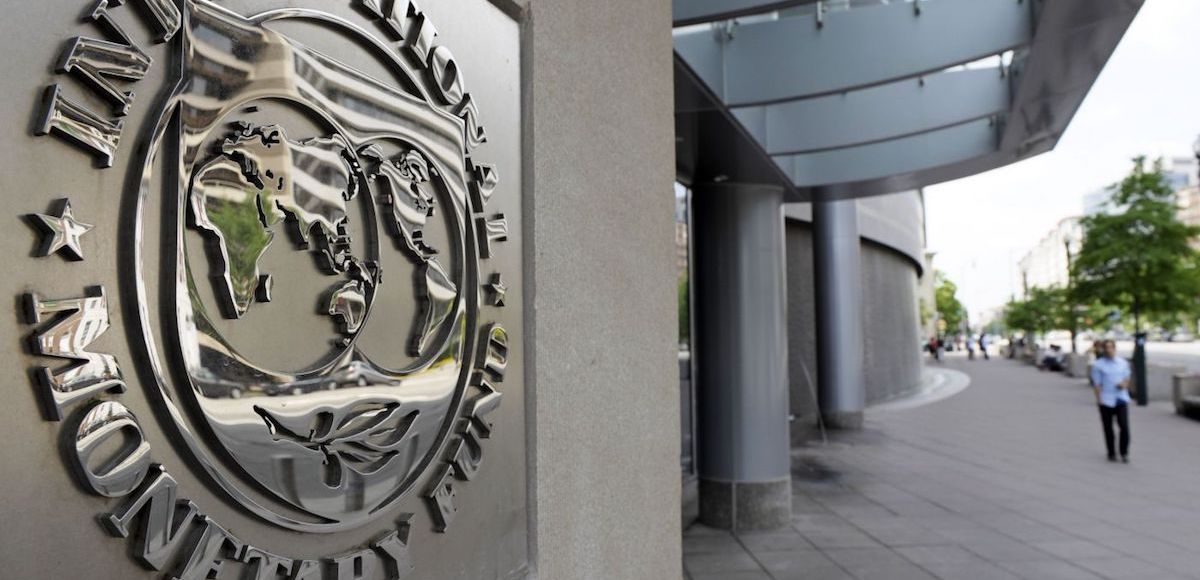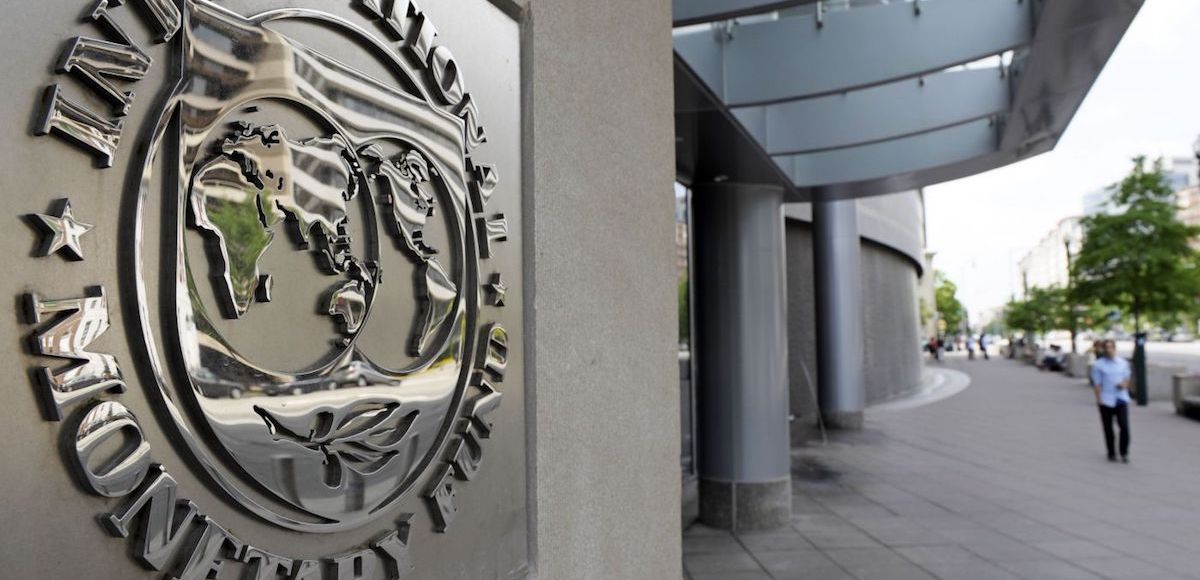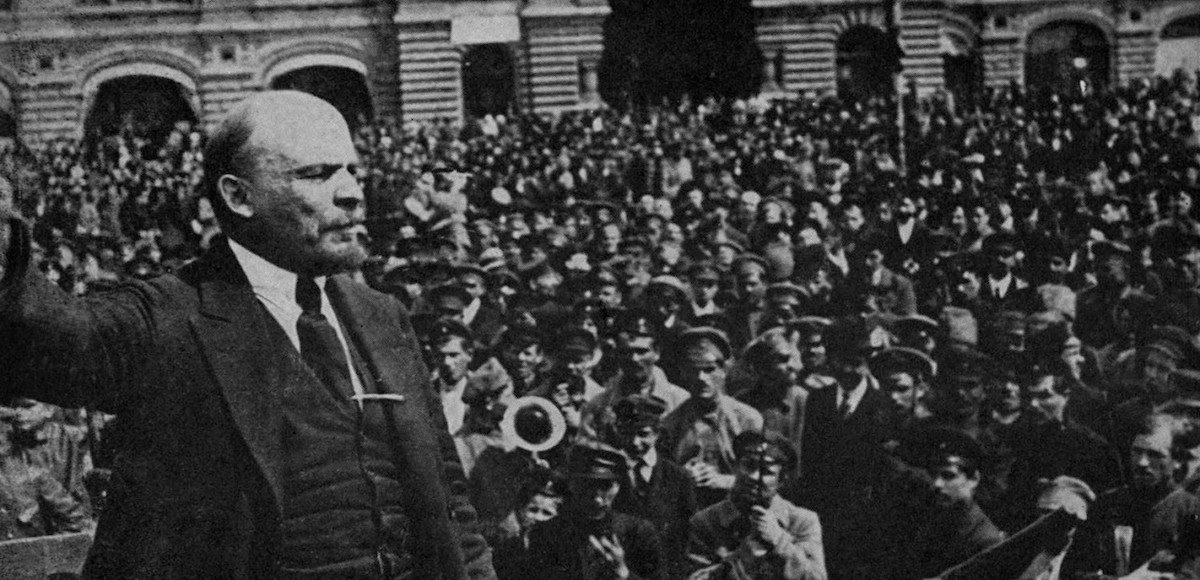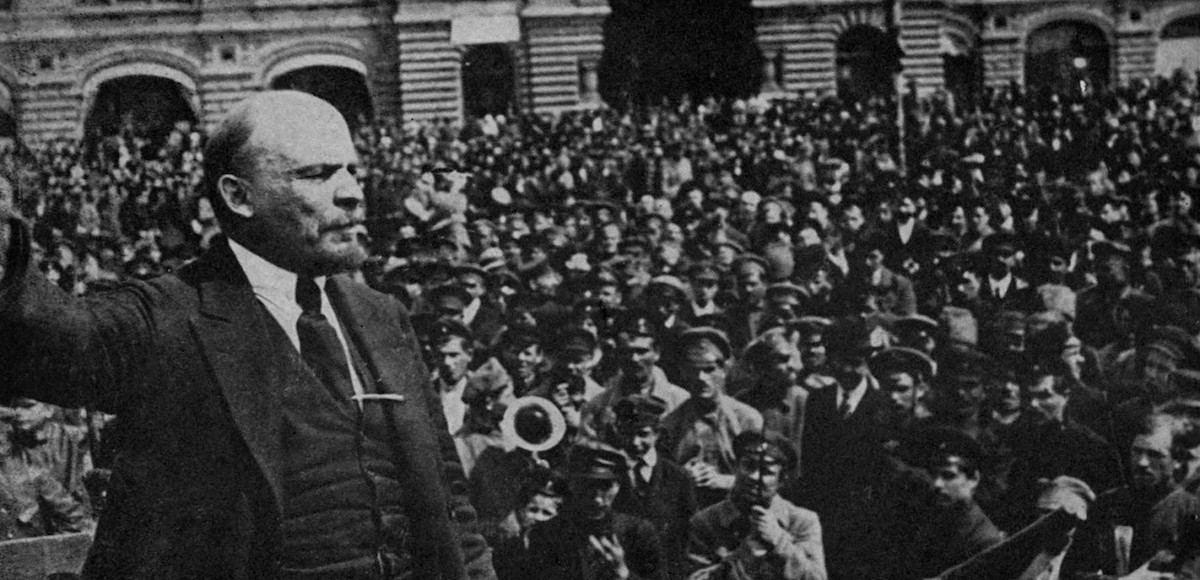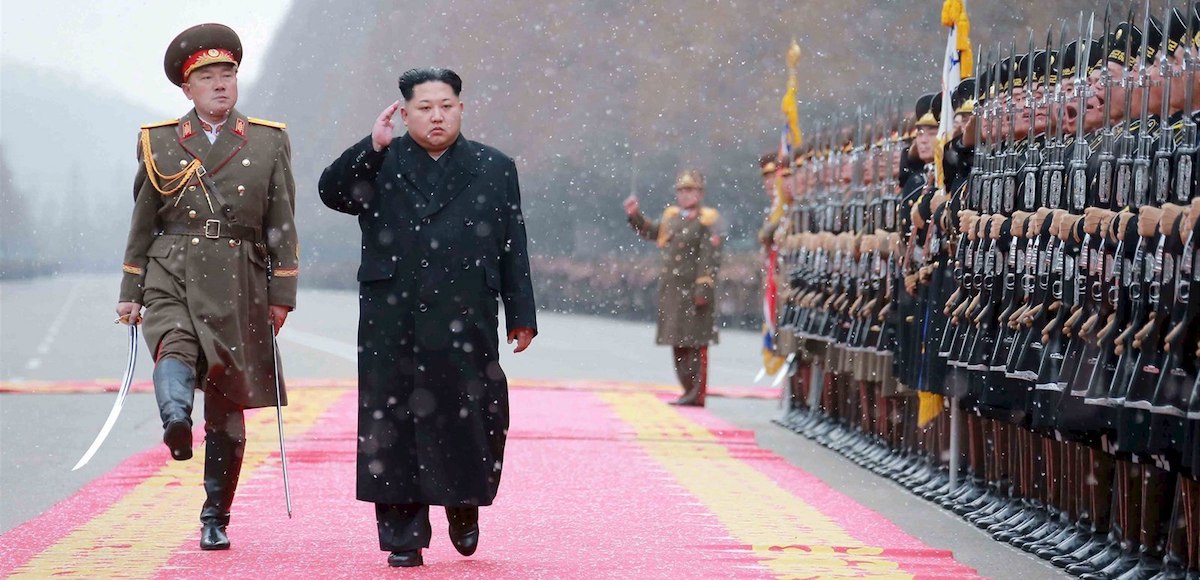
North Korean leader Kim Jong Un salutes during a visit to the Ministry of the People’s Armed Forces on the occasion of the new year, in this undated photo released by North Korea’s Korean Central News Agency (KCNA) on January 10, 2016. (Photo: Reuters)
It’s time to continue our series on the 100th anniversary of Russia’s Bolshevik revolution, which unleashed a century of brutal, deadly, and oppressive communism.
But at least it’s a series that sort of has a happy ending. The Soviet Union collapsed and China is now only nominally communist.
Though there are a few holdouts. Cuba is still suffering from communist tyranny, for instance, and there are socialist hellholes like Venezuela that could descend into full-blown Marxist tyranny.
Speaking of tyranny, North Korea wins the prize for practicing the purest remaining form of communism. But that’s not a prize worth winning. Unless the goal is horrific poverty and suffering.

It’s such a horrible system that even Bernie Sanders has never said anything favorable about it.
We’re going to focus today on that unfortunate country.
Let’s start with a stomach-churning story from the BBC about the joy of communist life.
A North Korean soldier who was shot while fleeing across the border has an extremely high level of parasites in his intestines, his doctors say. The defector crossed the demilitarised zone on Monday, but was shot several times by North Korean border guards. Doctors say the patient is stable – but “an enormous number” of worms in his body are contaminating his wounds and making his situation worse. His condition is thought to give a rare insight into life in North Korea.
And he’s not an exception.
“North Korea is a very poor country and like any other poor country it has serious health problems,” Prof Andrei Lankov of Kookmin University in Seoul told the BBC. “North Korea does not have the resources to have a modern medical system,” he says. “Its doctors are relatively poorly trained and have to work with primitive equipment.” In 2015 South Korean researchers studied the health records of North Korean defectors who had visited a hospital in Cheonan between 2006 and 2014. They found that they showed higher rates of chronic hepatitis B, chronic hepatitis C, tuberculosis and parasite infections, compared to South Koreans. …”I don’t know what is happening in North Korea, but I found many parasites when examining other defectors,” Professor Seong Min of Dankook University Medical School was quoted by the Korea Biomedical Review as saying. …Parasites, especially worms, are thought to be widespread in North Korea.
Defectors have helped inform us about the horrors of that nation. Here are some blurbs from a Washington Post story.
When Kim Jong Un became the leader of North Korea almost six years ago, many North Koreans thought that their lives were going to improve. …But the “Great Successor,” as he is called by the regime, has turned out to be every bit as brutal as his father and grandfather before him. …The Washington Post talked with more than 25 North Koreans from different walks of life who lived in Kim Jong Un’s North Korea and managed to escape from it. …in talking about their personal experiences, including torture and the culture of surveillance, they recounted the hardships of daily life under Kim Jong Un’s regime. They paint a picture of a once-communist state that has all but broken down, its state-directed economy at a standstill. …In theory, North Korea is a bastion of socialism, a country where the state provides everything, including housing, health care, education and jobs. In reality, the state economy barely operates anymore. People work in factories and fields, but there is little for them to do, and they are paid almost nothing. …Bribery and corruption have become endemic… Those working only in official jobs, whether they be on a state-owned ostrich farm or in a government ministry in Pyongyang, earn only a few dollars a month and get little in the way of rations.
But it’s not just poverty and deprivation. There’s also Orwellian spying.
North Korea operates as a vast surveillance state, with a menacing state security department called the Bowibu as its backbone. Its agents are everywhere and operate with impunity. The regime also operates a kind of neighborhood watch system. Every district in every town or city is broken up into neighborhood groups of 30 or 40 households, each with a leader who is responsible for coordinating grass-roots surveillance and encouraging people to snitch.
And the government isn’t spying simply to take people’s money, an odious tactic in some western nations.
The North Korean government is spying to see who should be killed or imprisoned.
Both of those options are terrible since the concentration camps are particularly horrific.
Escapees from North Korea’s gruesome political prisons have recounted brutal treatment over the years, including medieval torture with shackles and fire and being forced to undergo abortions by the crudest methods. …severe beatings and certain kinds of torture — including being forced to remain in stress positions for crippling lengths of time — are commonplace throughout North Korea’s detention systems, as are public executions. …Starvation is often part of the punishment, even for children. [A] 16-year-old lost 13 pounds in prison, weighing only 88 pounds when she emerged. …It is this web of prisons and concentration camps, coupled with the threat of execution, that stops people from speaking up. There is no organized dissent in North Korea, no political opposition.
The only good news, so to speak, is that the article explains that a black market economy has emerged.
And that’s better than nothing, as Richard Mason explains in a column for the Foundation for Economic Education.
From the state’s formation in 1948 up until the end of the 20th century, things were (relatively) unchanging; all industries were seized by the government and nationalized, with basic necessities such as food, clothing, and fuel all being provided by the state. This all changed following the fall of communism and the ‘Arduous March’ famine of the 1990’s. With the state no longer able to feed its people, a new system stepped in to take over. Black markets began to appear all over the country, where the distribution system’s failure hit especially hard, and effectively fed thousands of North Koreans. …Initially, these markets consisted of disorganized traders meeting in fields, facing seizure from police if they did not come up with a bribe. Today, the jangmadang practice has led to fully-fledged markets, complete with stalls selling street food, smuggled electronics, ingredients, and clothes; certain markets allegedly grew to encompass upwards of a thousand stalls. …the markets remain a crucial element of survival for many North Koreans, with some reports estimating that around 5 million (around a fifth of the overall population) are “directly or indirectly dependent on the markets”. …The regime has flip-flopped between giving official sanction to certain vendors (so long as they pay the state for the privilege) and imposing harsh restrictions.
In addition to saving lives, these black markets may be sowing the seeds of future liberalization.
…the rising prevalence of jangmadangs across the country has not only provided an effective alternative to the failed state distribution system, but is changing the attitudes of North Koreans as well. Since many now rely on the market for their dinner, rather than the state, old loyalties to the regime are slowly breaking down. Furthermore, increased smuggling into the country from China brings with it more outside media, such as American and South Korean movies and music. This means that more and more North Koreans have access to information not produced by the regime, allowing them a glimpse into the outside world.
Let’s hope exposure to the real world will help North Koreans eventually obtain freedom. Or at least a lesser form of oppression.
As part of my series on the 100th anniversary of communist brutality, I mocked the dupes and fellow travelers who pimped for totalitarianism, including a few economists, I’m ashamed to admit.
But if there’s a special place in hell for communist apologists, it will be occupied by the disgusting people who laud North Korea’s supposed success in fighting obesity when in reality people have starved to death in that wretched land.
The hottest spot hopefully will be reserved for the World Health Organization bureaucrat who got the ball rolling a few years ago. The Wall Street Journal explains.
World Health Organization Director-General Margaret Chan has returned from Pyongyang with wonderful news. The Democratic People’s Republic of Korea is making great strides in health care… Thanks to on-the-spot guidance from Dear Leader Kim Jong Il, North Korean doctors…have even conquered the decadent West’s problem of obesity! …Ms. Chan’s surreal statements last Friday, as reported by several wire services, really did include praise for North Korean health care and the lack of obesity. “They have something which most other developing countries would envy,” the global health administrator gushed.
The editorial points out that the WHO and UN have a long track record of covering up for communist health failure.
…this is nothing new for the WHO. In the 1970s, the United Nations agency promoted Mao Zedong’s vision of “barefoot doctors” to serve the rural poor—even as China’s health-care system was collapsing, along with the rest of society, under the strain of the Cultural Revolution. Today the WHO has become a cheerleader for Cuban health care. As long as a totalitarian state gives plenty of poorly trained people the title of doctor, fudges its health statistics and takes visiting officials on tours of Potemkin hospitals, the U.N. seems happy to give its seal of approval.
I’m surprised the WHO hasn’t been celebrating weight loss in Venezuela, another nation where people go hungry because of the failure of socialism.
Being an Olympic medalist and aspiring politician must not be a good combination. Here are some excerpts from a searing column in the Washington Examiner.
Famine can do wonders for your figure. Are you struggling to shed those stubborn final pounds? Food shortages, vitamin deprivation, and government rationing will help you get over the wall. You may die from it, but the weight loss will make you look fabulous.  At least, that’s the takeaway from a Sky News interview this week featuring double Olympic gold medalist James Cracknell, a member of the Conservative Party who has aspirations of becoming a member of the U.K. Parliament. “If you think of the two countries in the world that got a handle on obesity, what do you think they are? Which two countries?” Cracknell asked. …”North Korea and Cuba. They’re quite controlling on behavioral change, so there is a place where it has to be worked..,” One host interjected with some fairly important background information, “Yeah, but people are starving in North Korea, aren’t they? You know, they’re not obese because they haven’t got any food.” …Cosmopolitan said basically the same thing a few years ago when it praised the “Cuban diet.”
At least, that’s the takeaway from a Sky News interview this week featuring double Olympic gold medalist James Cracknell, a member of the Conservative Party who has aspirations of becoming a member of the U.K. Parliament. “If you think of the two countries in the world that got a handle on obesity, what do you think they are? Which two countries?” Cracknell asked. …”North Korea and Cuba. They’re quite controlling on behavioral change, so there is a place where it has to be worked..,” One host interjected with some fairly important background information, “Yeah, but people are starving in North Korea, aren’t they? You know, they’re not obese because they haven’t got any food.” …Cosmopolitan said basically the same thing a few years ago when it praised the “Cuban diet.”
Wow, if a potential Tory politicians says something this morally blind, the crazy leftism of Jeremy Corbyn no longer seems so out of place. Heck, they both think the suffering in Cuba should be celebrated.
Let’s close on a very grim note. The communist dictator of North Korea now has nuclear weapons.
I hope that he’s not sufficiently suicidal to use those weapons, but it’s unclear whether he’s crazy or simply brutal.
Though even if he’s “only” brutal, maybe he would launch a warhead if his hold on power was threatened by internal rebellion.
If which case, the final outcome of such a decision would be a country that is unlit at night because it’s been obliterated rather than because it has a Stone Age economy (see postscript).

P.S. That’s such an unpleasant thought that I feel compelled to add some good news. First, it is possible for North Korea to prosper if it does peacefully transition to capitalism. Second, we can at least laugh at communism, even though that seems morbid given the death and suffering it has caused.




